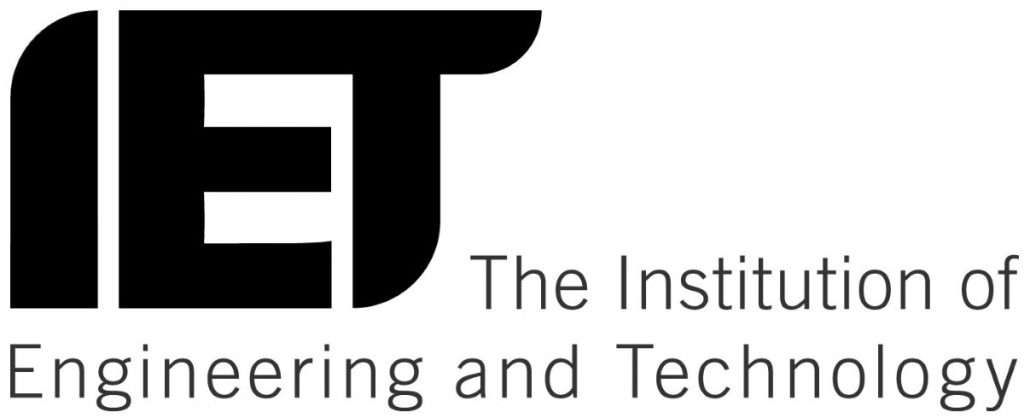IET Skills Survey
Demand for engineers remains high but more than half of employers are having difficulties recruiting the staff they need for their businesses to expand.
Half (51 per cent) of employers said they were recruiting engineering staff this year and of those, more are finding it difficult to recruit the people they need compared to 2013. The findings are revealed in the Institution of Engineering and Technology’s (IET) ninth annual Engineering and Technology: Skills & Demand in Industry report.
The proportion of engineers who are female has not significantly improved since 2008 and currently stands at just 6 per cent of the workforce. Despite this poor record, the survey suggests that 43 per cent of employers are not taking any specific action to improve workplace diversity.
Other findings include:
- 59 per cent of companies indicated concerns that a shortage of engineers would be a threat to their businesses
- 53 per cent of employers believe they should get more involved with schools, colleges and universities to help change the perception of engineering among young people
- 44 per cent of engineering, IT and technical recruits do not meet the employer’s expected levels of skills
- 52 per cent of organisations anticipate employing more apprentices in 4 to 5 years’ time
- Since 2013, the number of Intermediate Apprenticeships (Level 2) offered by employers has more than doubled but the number of Higher Apprenticeships (Level 4) has remained static.
Nigel Fine, IET Chief Executive, said: “Demand for engineers in the UK remains high. Research from Engineering UK suggests we need to find 87,000 new engineers each year for the next decade, so now is the time to act.
“Promoting engineering to women is particularly important given how few currently work as engineers, so it’s disappointing to see that so many employers are taking no real action to improve diversity. They need to take urgent steps to improve recruitment and retention of women, for example by promoting flexible and part time working, together with planned routes of progression that can accommodate career breaks.
“There also needs to be deeper engagement between employers and the education system to produce a talent pipeline that can sustain a thriving UK economy. Employers, educators, government and professional institutions like the IET need to focus on how best to inspire the next generation of engineers and technicians.”
Notes to editors:
- The skills survey can be downloaded at http://www.theiet.org/factfiles/education/skills2014-page.cfm
- Interview opportunities are available with IET spokespeople from a broad range of engineering and technology disciplines including cyber-security, energy, engineering skills, innovation, manufacturing, technology, transport and women in engineering.
- The IET is one of the world’s largest engineering institutions with nearly 160,000 members in 27 countries. It is also the most multi-disciplinary – to reflect the increasingly diverse nature of engineering in the 21st century. Energy, transport, manufacturing, information and communications, and the built environment: the IET covers them all.
- The IET is working to engineer a better world by inspiring, informing and influencing our members, engineers and technicians, and all those who are touched by, or touch, the work of engineers.
- We want to build the profile of engineering and change outdated perceptions about engineering in order to tackle the skills gap. This includes encouraging more women to become engineers and growing the number of engineering apprentices.
- For more information, visit www.theiet.org
- Follow the IET on Twitter.





-01.png)